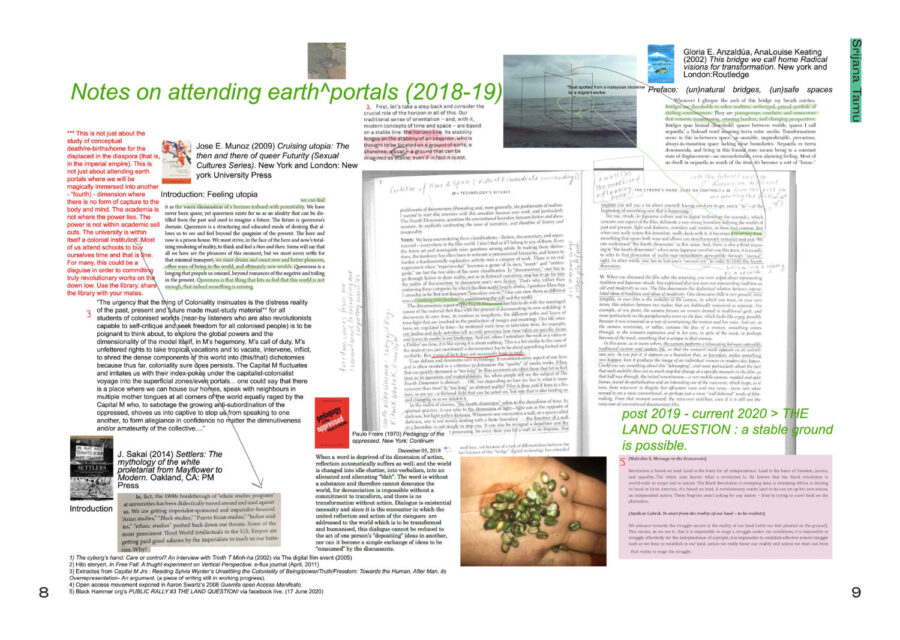Art | Learning | Anti-Racism
https://aparticularreality.co.uk/
Since 2018, APR continues to develop and pilot a unique approach to promoting conversations around anti-racism, centring the perspectives of POC arts students and alumni.
“A black visual art is an innovative expression of a particular reality – a reality set in the framework of specific cultural and historic forces. These are: cultural domination by Western Eurocentrism and marginality to it; the experience of exploitation, appropriation, slavery, inequality and racism; and the long and abominable history of colonialism. A black art emerges from this framework and is vitalised by these forces.” Gavin Jantjes, Art & Cultural Reciprocity, Talk delivered at the East Midlands Art Conference, 12th April 1986
Visions of professional and academic projected futures in the arts tend to re-inscribe white-centred trajectories, even if the content of practice-based curricula attempts to address liberation and de-colonisation. This has a particular impact on BIPOC students at all levels, who cannot see themselves represented; this results in lower energy, motivation, desire to share their work and in turn lower retention progression and attainment.[1] With a focus on anti-racism within and beyond practice-based learning, A Particular Reality (APR) tackles this issue by collaborating with HE arts students to analyse and intervene in current approaches, via supported peer-programming.
The over-arching research question asked by APR is: What types of issues are faced by BIPOC arts students and therefore constitute their ‘particular reality’ / experience of HE education, and how might these be addressed / improved through co-construction and Peer Programming of key aspects of their curriculum?
By addressing this question through multi-platform, context-sensitive activities, this inter-institutional collaboration between students, academics and alumni has multiple aims: to raise awareness around barriers faced by BIPOC arts students; to identify opportunities for informing systemic change in arts HE education; to develop culturally responsive pedagogies; to develop relevant art-based and/or theoretical research outputs, informing relevant discourses and practices; to work with our stakeholders to provide connections between and opportunities for early career BIPOC creatives UK-wide.
A project initially devised in collaboration with Michelle Williams-Gamaker, it is sustained and developed by multiple artist educators, including Murat Adash, Clementine Bedos, JJ Chan, Albert Dumas, Ali Eisa, Alice Gale-Feeney, Sarah Howe. Participating institutions include working with predominantly POC artists studying Fine Art in Goldsmiths University, Kingston School of Art, Manchester Metropolitan University and Middlesex University.
[1] Burke, Penny Jane and McManus, Jackie (2009) Art for a Few – Exclusion and Misrecognition in Art and Design Higher Education Admissions (National Arts Learning Network [NALN] Research Report)
